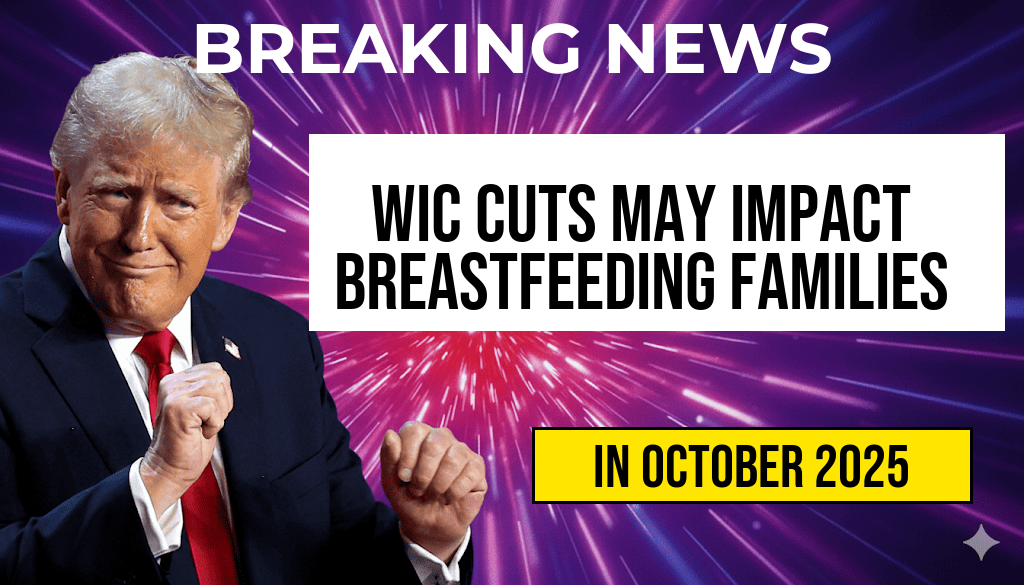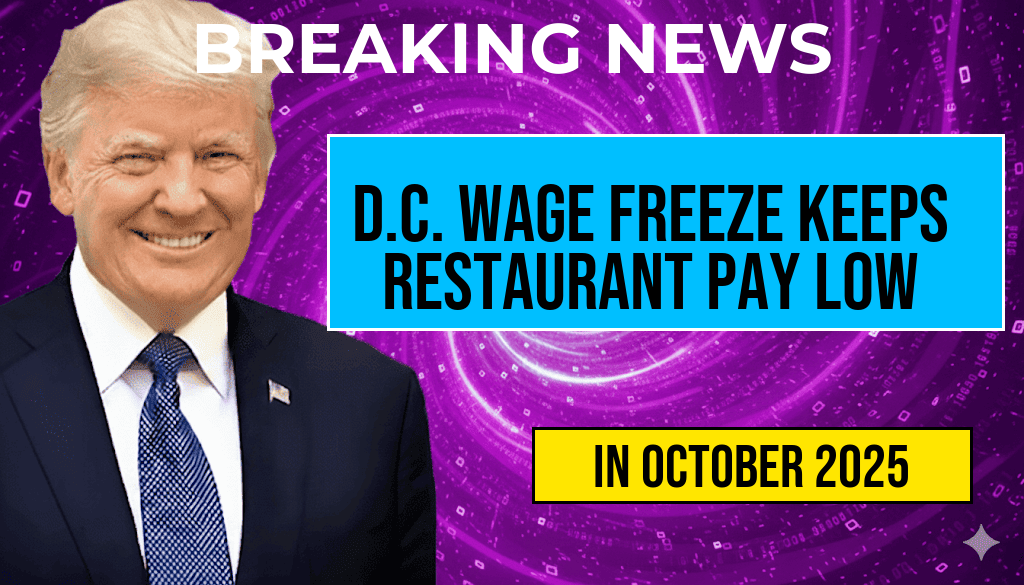As the future of the Women, Infants, and Children (WIC) program hangs in the balance, breastfeeding parents across the United States could face a significant financial impact. Reports indicate that a proposed suspension of benefits could reduce monthly support by up to $52 for those relying on the program. This potential cut not only threatens the nutritional assistance provided to low-income families but also places additional strain on local food banks, which are already grappling with heightened demand. Experts warn that the repercussions of these cuts could ripple through communities, exacerbating food insecurity among vulnerable populations.
Understanding the WIC Program
The WIC program, administered by the U.S. Department of Agriculture, aims to provide nutritional support and education to pregnant women, new mothers, and young children. Participants receive assistance for purchasing healthy foods, breastfeeding support, and access to health care referrals. The recent discussions about suspending certain benefits have alarmed advocates who argue that such measures could hinder the health and well-being of families who depend on this program.
Potential Financial Impact
The proposed suspension of benefits could significantly affect the budgets of families participating in WIC. Currently, eligible breastfeeding parents receive approximately $52 monthly to help cover the costs of nutritious foods necessary for both their health and that of their infants. Losing this support would not only impact food choices but could also lead to increased stress and uncertainty for families already facing economic challenges.
Food Banks Brace for Increased Demand
Local food banks are preparing for what they anticipate will be a surge in demand should these proposed cuts take effect. Many food banks already report being stretched thin, with rising numbers of clients seeking assistance. As WIC benefits dwindle, families may turn to food banks for additional support, exacerbating an already critical situation.
- Increased Foot Traffic: Food banks expect to see more families seeking help with basic necessities.
- Resource Allocation: Organizations will need to adjust their supplies and volunteers to meet new demands.
- Community Support: Increased outreach efforts will be vital to inform affected families about available resources.
Advocacy and Response
Advocates for families and food security are voicing strong opposition to the proposed cuts. Organizations such as the No Kid Hungry campaign are mobilizing to raise awareness and encourage community engagement. They stress that the health of families cannot be compromised, especially during critical developmental stages for children.
Expert Opinions
Nutritionists and child health experts emphasize the importance of WIC in promoting healthy eating habits among families. Dr. Lisa Smith, a pediatric nutrition specialist, states, “Breastfeeding provides essential nutrients that contribute to a child’s growth and development. Any reduction in support can have long-lasting effects on health outcomes.”
Community Initiatives
In anticipation of the potential fallout from WIC cuts, several community initiatives are emerging to help fill the gap. Local coalitions are collaborating to enhance food access and nutritional education. These projects aim to ensure that families have the resources they need to maintain healthy diets, regardless of WIC’s status.
Ways to Support Affected Families
- Volunteer: Join local food banks or organizations working to provide assistance.
- Donate: Financial contributions or food donations can help food banks meet increased demand.
- Advocate: Engage with local policymakers to voice concerns about cuts to essential programs like WIC.
Looking Ahead
As discussions surrounding WIC continue, the implications for breastfeeding parents and food banks remain critical. The community response will play a significant role in mitigating the potential impacts of these cuts. Advocates and organizations are calling for collective action to support families during this uncertain time, emphasizing that every child deserves access to adequate nutrition and support.
For more information on the WIC program, visit the USDA WIC website. To learn more about food security initiatives, you can check out Feeding America.
Frequently Asked Questions
What is the reason for the WIC suspension affecting breastfeeding parents?
The WIC suspension is a response to budgetary constraints, potentially leading to a reduction in monthly support for breastfeeding parents by $52. This could significantly impact their ability to access necessary resources.
How will the suspension of WIC support affect food banks?
The WIC suspension is expected to increase demand at food banks as breastfeeding parents seek additional resources to compensate for the loss of financial support.
What kind of support does WIC provide to breastfeeding parents?
WIC provides a variety of benefits, including nutritious foods, breastfeeding support, and education aimed at helping breastfeeding parents maintain a healthy diet for themselves and their infants.
Are there alternative resources available for families affected by the WIC suspension?
Yes, families can explore other programs and community resources, such as local food banks, health clinics, and non-profit organizations that offer assistance to breastfeeding parents and low-income families.
What can communities do to support breastfeeding parents during this time?
Communities can mobilize by increasing awareness, fundraising, and providing resources through local food banks and community centers to help breastfeeding parents navigate the challenges posed by the WIC suspension.






